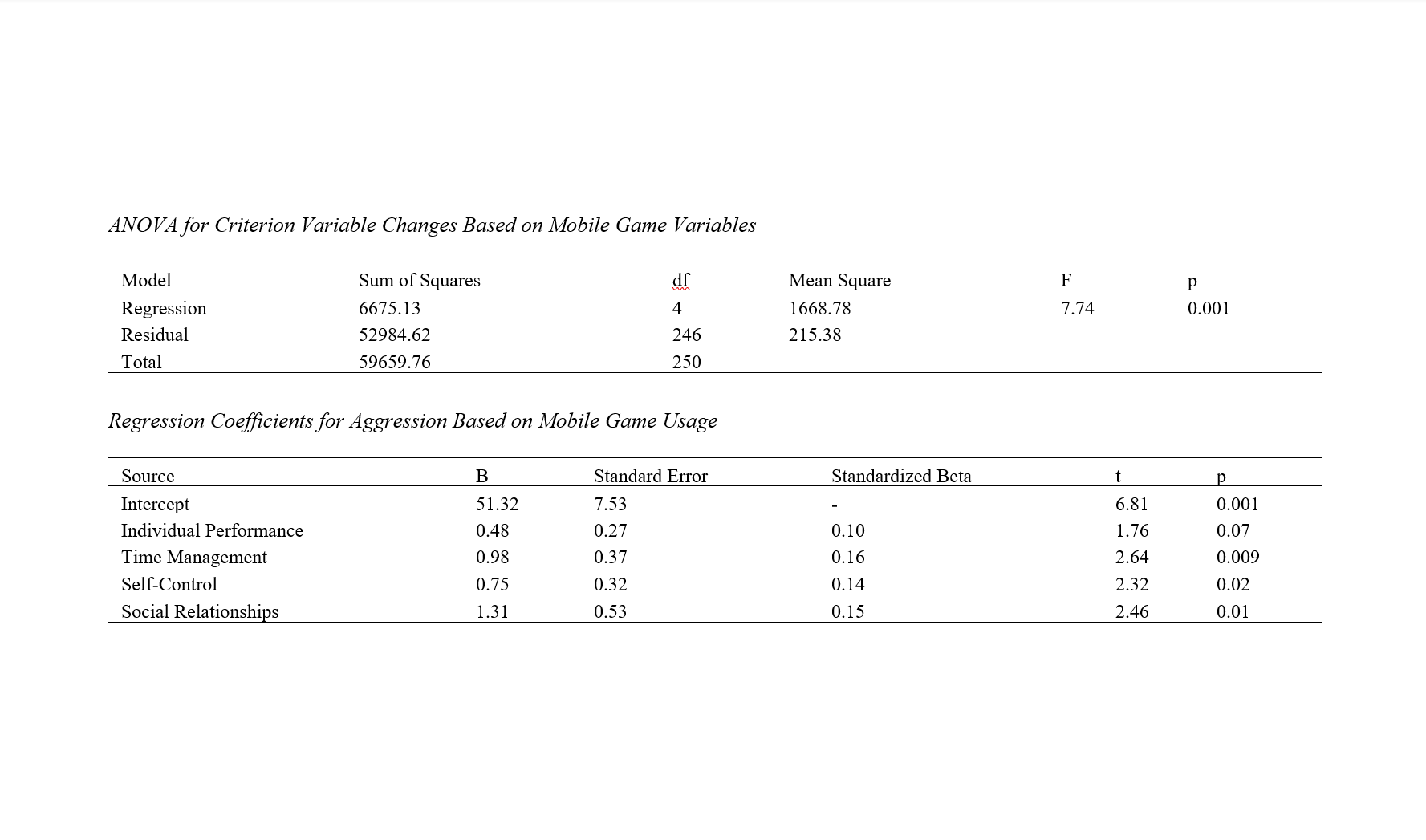The Role of Mobile Game Usage on Mental Health, Academic Engagement, and Aggression in Adolescents
Keywords:
Mobile games, aggression, academic engagement, mental healthAbstract
Objective: The present study aims to investigate the role of mobile game usage on mental health, academic engagement, and aggression among high school students in Tabriz.
Methods and Materials: This applied research is descriptive and correlational in nature. The statistical population comprised all female high school students in Tabriz during the 2021-2022 academic year. Based on the Morgan table and using cluster sampling, 251 students were selected and examined. Data were collected using the Goldberg Mental Health Questionnaire (1972), the Buss and Perry Aggression Questionnaire (1992), the Zarang Academic Engagement Questionnaire (2012), and a researcher-developed mobile game usage questionnaire. Data analysis was performed using Pearson's correlation coefficient and multiple (simultaneous) regression analysis.
Findings: The results showed a significant positive correlation between mobile game usage and mental health indicators (somatic symptoms, anxiety, social dysfunction, and depression) and aggression components (physical aggression, verbal aggression, anger, and hostility). Additionally, a significant negative correlation was found between mobile game usage and academic engagement, including cognitive, emotional, and behavioral engagement. Furthermore, regression analysis results indicated that mobile game usage variables could predict changes in students' mental health, aggression, and academic engagement.
Conclusion: Therefore, mobile games play an important role in students' mental health, aggression, and academic engagement.
Downloads

Downloads
Additional Files
Published
Submitted
Revised
Accepted
Issue
Section
License
Copyright (c) 2024 Mehdi Akbarzadeh Sgay , Simin Zeynali (Author); Ayatollah Fathi (Corresponding Author); Sanaz Binazir (Author)

This work is licensed under a Creative Commons Attribution-NonCommercial 4.0 International License.








